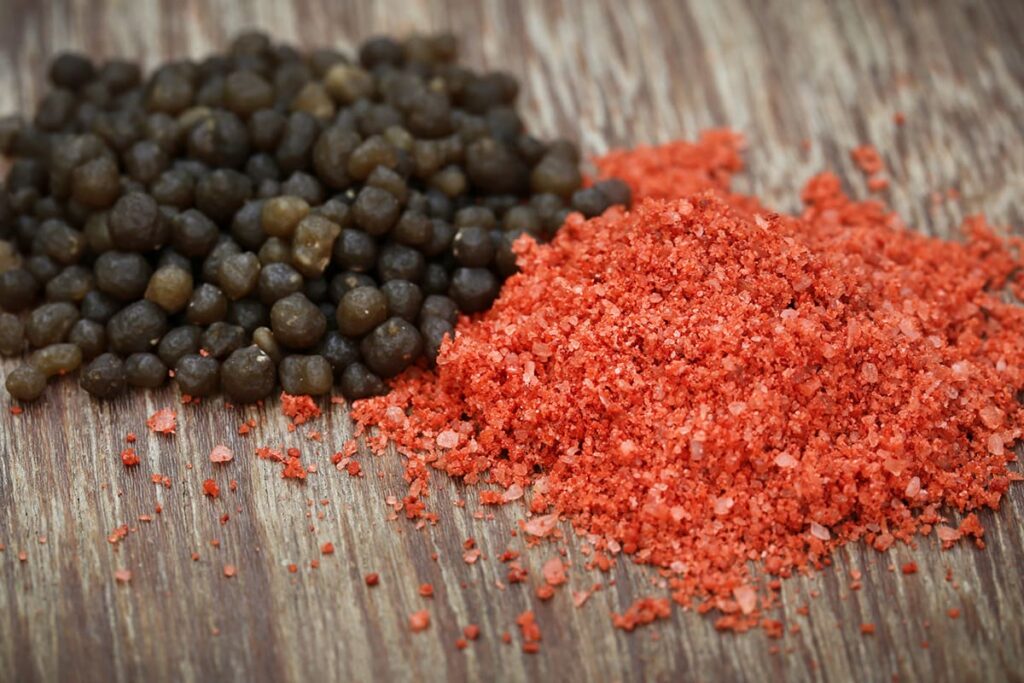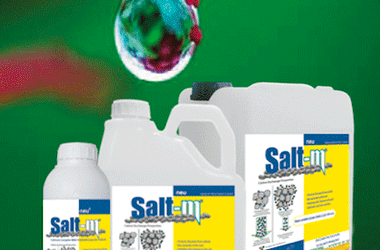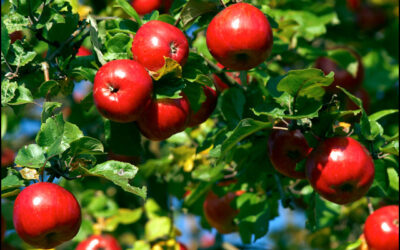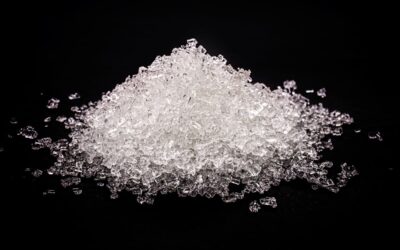Phosphates
Phosphates
Phosphates, one of the natural forms of phosphorus, is important for root development in plants, in addition to strengthening the plant body and making the plant resistant to diseases and pests; By promoting flower development and seed maturity, it shortens the harvest time. Phosphates, as a nutrient element, is found in the structure of some very important organic compounds in the plant. It is very effective especially in the first developmental stages of the plant and plays an important role in flowering, root development, seed and fruit formation.
Phosphate, takes part in the formation of new cells in plants, the growth of tissues and the formation of some organic compounds. In addition, phosphate is also needed in the energy metabolism, which is necessary for the plant to maintain its vital activities. In this article, we will mention about the most commonly used phosphate types in agriculture.
Mono Potassium Phosphate
Mono Potassium Phosphate (MKP) is the type of fertilizer that contains the highest amount of main element among the fertilizers that are completely soluble in water. Its formula is KH2PO4. Due to the absence of nitrogen in its content, it is extremely suitable for intensive agricultural applications that require intensive use of fertilizers.
MKP fertilizer is the most suitable source of potassium and phosphorus for plants, especially during periods when nitrogen is avoided. In other periods, it is a preferred type of fertilizer in that it ensures that the desired nitrogen form (such as ammonium, nitrate or urea nitrogen) can be freely applied.
Mono Ammonium Phosphate
Mono Ammonium Phosphate (MAP) is a water-soluble fertilizer. Among the phosphate source fertilizers, it is the type of fertilizer that contains the highest amount of phosphate. Thanks to its low nitrogen content, it is the most suitable way to provide phosphorus to plants at the desired rate. Since it does not contain any substances that can harm plants such as chlorine, sodium and heavy metals, it can be used safely in all products. Since all of the nitrogen in Mono Ammonium Phosphate fertilizer is ammonia nitrogen, this element is provided to reach the plants in a controlled manner.
DAP Diammonium Phosphate
DAP Diammonium Phosphate fertilizer is a two-nutrient fertilizer. It contains 18% nitrogen (N) and 46% phosphorus (P). This fertilizer is especially effective in the first growth stages of plants. The amount of nitrogen in its structure may not meet all the needs of the plant when used as a subsoil fertilizer. For this, in the use of DAP, the plant should be supported with other nitrogen fertilizers in top fertilization. It is retained in the soil because its nitrogen is in the form of ammonium (NH4). In case of excessive precipitation or excessive irrigation, nitrogen is not lost by washing from the soil.
Super Phosphate
Super Phosphate, also known as Triple Super Phosphate, is important for root and stem development of the plant and does not contain nitrogen. With the high amount of phosphorus in its content, super phosphate fertilizer not only provides healthy root development in plants, but also accelerates plant development by increasing the water and nutrient intake capacity of the plant. In addition to strong flowering in the plant, it increases the yield and quality of the product. With its high water dissolution rate, it becomes easy and fast for plants to use.



